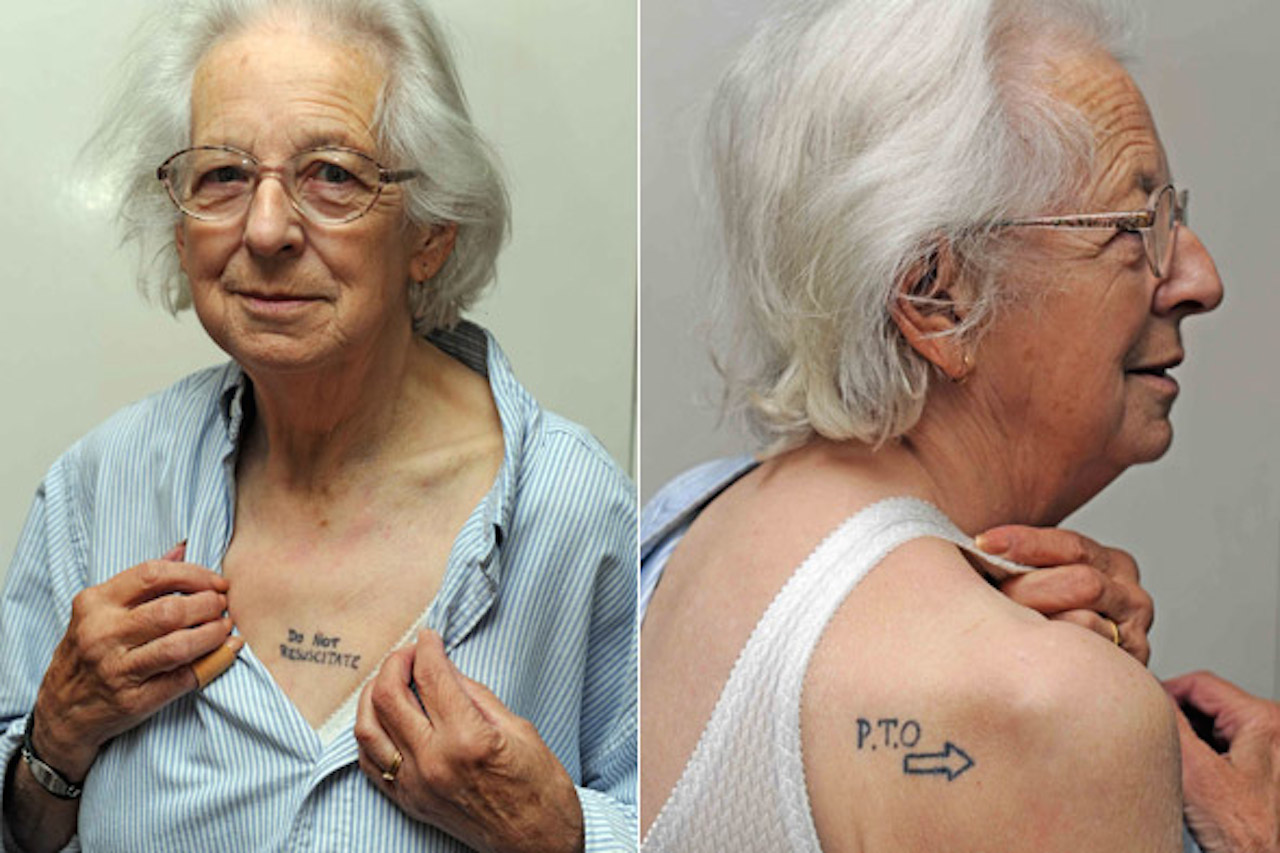Sir Terry Pratchett Calls for Euthanasia Tribunals
Maev Kennedy, The Guardian (February 02, 2010)
Terry Pratchett: My Case for a Euthanasia Tribunal
Terry Pratchett, The Guardian (February 02, 2010)
Last week, the British writer Sir Terry Pratchett (he of Discworld fame) catapulted the ongoing UK discussion on Assisted Dying back into the news. This is a persistent topic in the UK and I have written about it quite a bit on Death Ref here.

Terry Pratchett (who has been diagnosed with Alzheimer’s) is asking that a tribunal system be set up in England which then evaluates an individual’s request to die. The goal of setting up the tribunals is to make sure that any person making this request is of sound mind and not being coerced into the situation. Suicide has been legal in England since 1961 but helping another person commit suicide is against the law. So, a number of legal and political battles have dealt with the limits of what “assisting” another person means.
I have discussed these issues quite bit in the Death + The Law section.
In so many ways, this issue just keeps going and going and going. So much so, I’ve been collecting various articles for months because they appear daily and posting each one would be a full-time job.
Terry Pratchett’s request for a new UK system (or, at least, something for England… Wales and Scotland might be on their own) is another article for the group.
The problem, of course, is that all these issues and arguments are really interesting and important to discuss/think about/mull over.
But even I get Assisted Dying debate fatigue, and thinking about death is my job. The biggest dilemma, it seems to me, is that death is a human “problem” without terminus. At least in the twenty-first century West. England is certainly taking its time with any permanent changes to the law. It’s a slow process, to be sure, but it is a process. Terry Pratchett’s request will go a long ways in helping change UK law.
In the event you are a person doing research on Assisted Dying and the plethora of issues related to this topic, here are the articles that I have been recently collecting.
To wit:
The Guardian on the Dignitas clinic in Switzerland: ‘Death tourism’ leads Swiss to consider ban on assisted suicide
The Guardian on an elderly couple who committed suicide together: Couple wrote to BBC to tell of suicide decision
The Guardian on tour in the Dignitas clinic: Inside the Dignitas house
New York Times Magazine article on Brain Death and Organ Donation (which are related….): When Does Death Start?
New York Times on End of Life Care in California: Months to Live: Weighing Medical Costs of End-of-Life Care
New York Times on End of Life sedation: Months to Live: Hard Choice for a Comfortable Death: Sedation
BBC News on push in Scotland for a Terry Pratchett-like law: Most MSPs oppose end-of-life bill


